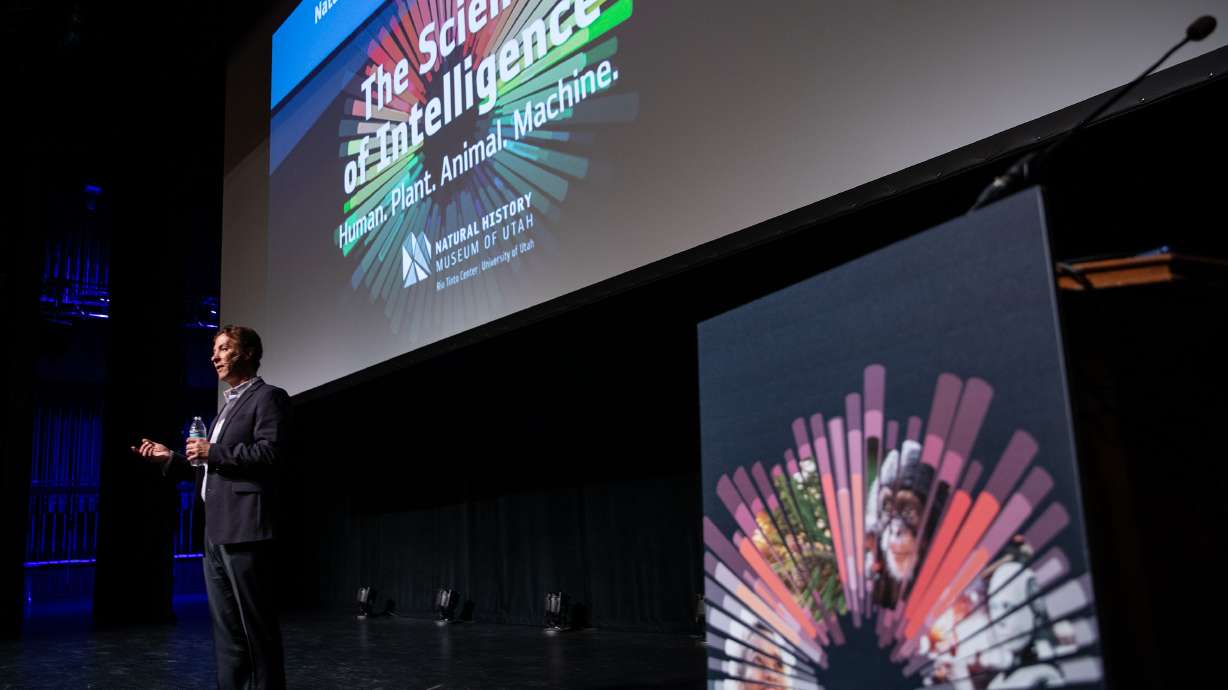One in 36 children in the United States is affected by autism, as reported by the CDC. Studies indicate that early detection of autism in children leads to more favorable developmental outcomes. EarliTec Diagnostics, a startup based in Atlanta, recently secured additional funding to expand its system aimed at facilitating the diagnosis of children as young as 16 months old.
The FDA-approved approach developed by EarliTec involves children engaging with brief videos and social interactions displayed on a screen for a 12-minute duration, during which the device, powered by AI technology, monitors the child’s eye movements. According to EarliTec, children with autism exhibit distinct patterns of attention compared to their neurotypical peers.
In a recent Series B funding round, the startup raised $21.5 million, with Nexus NeuroTech Ventures and Venture Investors as co-leads. Nexus NeuroTech Ventures specializes in supporting companies that offer solutions for brain disorders, while Venture Investors, a venture fund based in the Midwest, focuses on investments in healthcare enterprises. Presently, EarliTec’s technology is utilized by eight clinicians spanning six states in the U.S.
CEO of EarliTec Diagnostics, Tom Ressemann, highlighted the inefficiencies of traditional autism assessments, which typically last three to four hours and often have lengthy waiting lists. The 12-minute test developed by EarliTec aims to expedite the diagnostic process, enabling clinicians to reach a diagnosis more efficiently and thus cater to a larger number of children.
Ressemann emphasized the importance of seamlessly integrating diagnostic tools into existing workflows to enhance accessibility. He mentioned that the flexibility of their test, which can be administered at various locations such as homes, clinics, or schools using a tablet, aligns well with diverse clinical settings. A swift diagnosis not only benefits the child but also supports the parents in understanding and addressing their child’s needs promptly.
The company intends to utilize the recent funding to further expand its commercial activities. EarliTec’s current focus is on children aged 16 to 30 months, with plans to invest in research that could broaden the age range for diagnosis using their system. Additionally, the funding will be allocated towards enhancing assessment techniques and treatment options.
Ressemann, with prior experience as CEO of medical device startups like Amphora Medical and Entellus Medical, described the recent fundraising as both challenging and rewarding. Despite the prevalence of autism in the U.S., fundraising in this field can be challenging due to limited investor interest. However, there is a noticeable shift in investor sentiment towards supporting autism-focused healthcare initiatives.
The increasing momentum and interest in autism-related healthcare among venture capitalists (VCs) have been notable. The Autism Impact Fund recently closed a \(60 million fund, surpassing its \)50 million target. Other firms like Divergent Ventures and Nexus NeuroTech Ventures are also actively investing in this space. Several startups, including Cortica, Forta, and Opya, have successfully raised substantial funds to support their initiatives in autism diagnosis and therapy.
Ressemann reflected on the evolving landscape of diagnostic tools and treatments for autism, acknowledging the rapid advancements in the field since his personal experience with his son’s diagnosis and treatment years ago.
The surge in investor interest in autism solutions can be attributed to the increased awareness of the condition’s prevalence. As Ressemann noted, the shift from considering autism to affect one in 1,000 children to the current statistic of one in 36 has significantly raised awareness. This heightened awareness not only aids in understanding the scale of the issue but also serves as a driving force for investors to recognize the market potential and opportunities for impactful investments.
The substantial unmet needs in the autism healthcare sector have attracted investors looking to make a difference while seeking profitable returns. By supporting startups focused on aiding children with developmental challenges, investors have the opportunity to contribute to positive societal impact while potentially generating financial gains.










